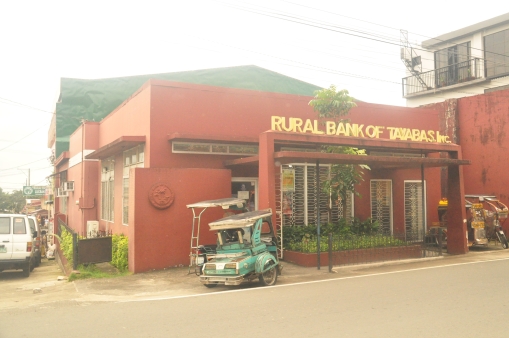
Philippine rural banks call to stop shrinking industry
Around 139 rural lenders have shut down operations since 2009.
Rural banks in the Philippines are seeking amendments to a law regulating the provision of financial services in the countryside amidst the back-to-back closure of several rural banks in the past decade, according to a government statement.
Rural banks cater to the financial needs of countryside communities. Designed to promote and expand the rural economy, such banks help farmers through the stage of production such as seedling purchases and produce marketing.
However, around 139 rural banks in the country have closed down since 2009, Armando Bonifacio, president at Rural Bankers Association of the Philippines (RBAP) said in a press briefing in Manila. Of this number, 22 are the only operating lenders in their designated areas, an alarming development which highlights the downside risk to the administration’s financial inclusion agenda.
Also read: Over three fourths of the Philippine population is unbanked
Bonifacio adds that there were about 1,800 rural banks in the country in the 1950’s although the number has since crashed to around 460. In Eastern Visayas, around 70% of the towns have no banks.
“Stringent regulations imposed on big banks are also applied to rural banks. In most cases, the Bangko Sentral ng Pilipinas [BSP] closes a rural bank due to mismanagement. Under the law, if there are irregularities, BSP should step in until new set of board of directors is called,” Bonifacio said.
Also read: Only a fifth of Philippine rural and thrift banks ready to digitise: survey
The RBAP has put forth proposed revision to the Rural Act of 1992 in a dialogue with Leyte (2nd District) Rep. Henry Ong, chairman of the House committee on banks and financial Intermediaries.
“We need to study the issue of our rural banks and attune it to their needs especially that countryside development starts with them. The economy in the countryside is affected if there are no rural banks since people just spend their money instead of keeping it in banks,” added Ong.
Photo from Joelaldor - Own work, CC BY-SA 4.0






















 Advertise
Advertise








